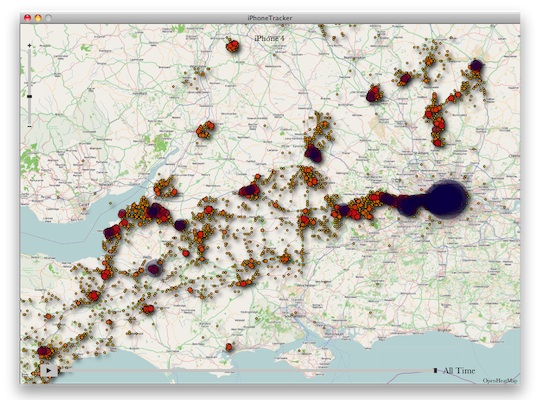Today Australian incumbent telco announced a scheme to give customers access to their personal metadata being stored by the company.
In a post on the company’s Telstra Exchange blog the company’s Chief Risk Officer, Kate Hughes described how the service will work with a standard enquiry being free through the web portal with more complex queries attracting of fee of $25 or more.
The program is a response to the Australian Parliament’s controversial intention to introduce a mandatory data retention regime which will force telcos and ISPs to retain a record of customer’s connection information.
We believe that if the police can ask for information relating to you, you should be able to as well.
At present the scheme is quite labor intensive, a request for information involves a great deal of manual processing under the company’s current systems however Hughes is optimistic they will be able to deal with the workload.
“We haven’t yet built the system that will enable us to quickly get that data,” Hughes told this website in an interview after the announcement. “If you came to us today and asked for that dataset it wouldn’t be a simple request.”
The metadata opportunity
In some respects the metadata proposal is an opportunity for the company to comply with the requirement of the Australian Privacy Principles that were introduced last year where companies are obliged to disclose to their customers any personally identifiable information they hold.
For large organisations like Telstra this presents a problem as it’s difficult to know exactly what information every arm of the business has been collecting. Putting the data into a centralised web portal makes it easier to manage the requirements of various acts.
That Telstra is struggling with this task illustrates the problems the data retention proposals present to smaller companies with far fewer resources to gather, store and manage the information.
Unclear requirements
Another problem facing Hughes, Telstra and the entire Australian communications industry is no-one is quite clear exactly what data will be required under the act, the legislation proposed the minister can declare what information should be retained while the industry believes this should be hard coded into the act which will make it harder for governments to expand their powers.
What is clear is that regardless of what’s passed into law, technology is going to stay ahead of the legislators, “I do think though this will be very much a ‘point in time’ debate,” Hughes said. “Metadata will evolve more quickly than this legislation can probably keep pace with so I think we will find ourselves back here in two years.”
In many ways Australia’s metadata proposals illustrates the problems facing governments and businesses in managing data during an era where its growing exponentially, it may well turn out for telcos, consumers and government agencies that ultimately less is more.

Leave a Reply